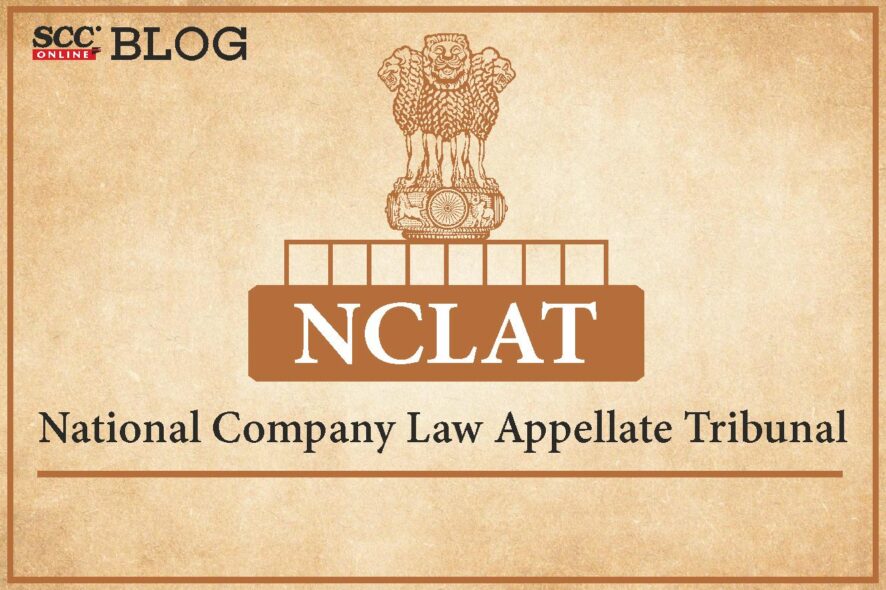National Company Law Appellate Tribunal, New Delhi (NCLAT): The Coram of Justice Ashok Bhushan (Chairperson) and Dr Alok Srivastava (Technical Member) observed that, provisions of the Limitation Act are applicable to proceedings under IBC.
An appeal was filed against the order passed by the National Company Law Tribunal, Mumbai, by which the application filed by the appellant had been rejected as barred by time.
Contentions
Appellant’s counsel submitted that both the parties were maintaining a running account and there have been transactions inter se which was reflected from the ledger account filed by the respondent.
Further, in the facts of the present case, Article 1 of the Limitation Act was attracted as per which the limitation period of 3 years began to run from the close of the year in which the last item admitted or proved was entered into the amount.
Analysis, Law and Decision
Tribunal expressed that in the application under Section 9 IBC, the appellant had claimed payment of outstanding dues on the basis of different invoices issued in the year 2015-16.
The Adjudicating Authority after perusing the date of all the invoices returned a finding that Application under Section 9 having been filed on 24th October, 2019 even the last invoices dated 29.09.2016 and 10.10.2016 were more than three years prior to filing of Section 9 Application hence the Application having been not filed within limitation, the same is rejected.
Coram observed that the Limitation Act is applicable in IBC Proceedings and IBC does not exclude the application of Sections 6 to 14 or 18 and any provision of the Limitation Act.
Whether appellant can take benefit of Article 1 of the Limitation Act, 1963?
Supreme Court in B.K Educational Services (P) Ltd. v. Parag Gupta, (2019) 11 SCC 633 after considering the provisions of IBC and the Limitation Act had laid down that for filing application under Sections 7 and 9, it is Article 137 which is attracted.
Supreme Court in Babulal Vardharji Gurjar v. Veer Gurjar Aluminium Industries (P) Ltd., (2020) 15 SCC 1 has reiterated the applicability of the Limitation Act and it was again reiterated that period for limitation is governed by Article 137 of the Limitation Act.
It was noted that Article 1 is in Part-I of the Schedule of the Limitation Act dealing with suits, under the “suit relating to accounts”. The application filed under Section 9 of the appellant cannot be said to be a suit relating to accounts.
Tribunal concluded stating that, limitation as per Article 137 will begin to run from the date when the right to apply accrues and the application filed on the basis of invoices were prior to much before three years period from filing of Section 9 application, NCLT had rightly rejected the application.
Therefore, the appeal was dismissed. [S.M. Ghogbhai v. Schedulers Logistics India (P) Ltd., 2022 SCC OnLine NCLAT 216, decided on 23-5-2022]
Advocates before the Tribunal:
For Appellant: Advocate Ekta Mehta
For Respondent: Advocate Kayomars K. Kerawalla, Advocate Kunal Mehta and Advocate Robin Fernades.






